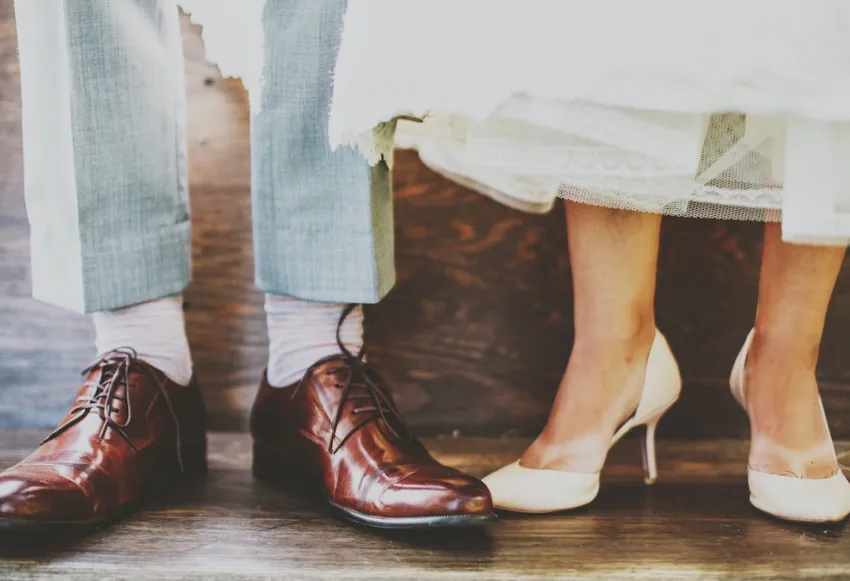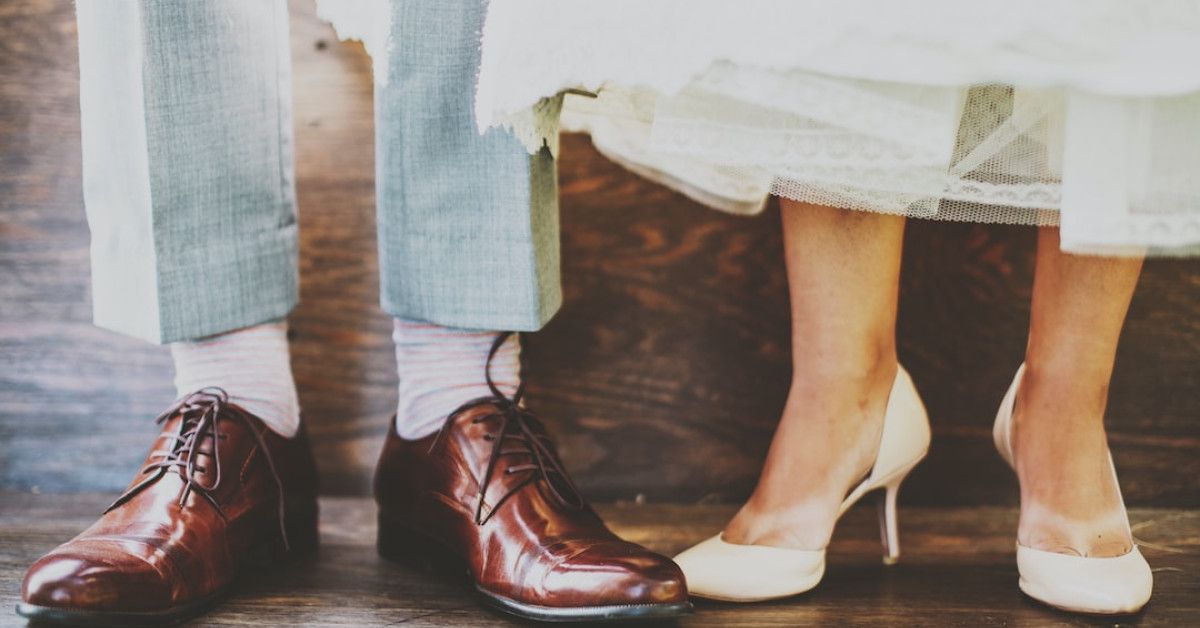Love is in the air, and wedding bells are ringing! Weddings are joyous occasions where two hearts unite in matrimony and celebrate their love surrounded by friends and family. However, amidst the happiness and excitement, it is essential to prioritize health and safety precautions to ensure that everyone enjoys the special day without any mishaps. In this article, we will explore 10 essential health and safety precautions that every wedding event should consider. From COVID-19 protocols to venue safety, let's make sure that love is not just in the air, but also in a safe and secure environment.
1. COVID-19 Safety Measures
The ongoing pandemic has transformed the way we conduct events and gatherings. It is crucial to prioritize the health and safety of guests by implementing proper COVID-19 safety measures. Some essential precautions to consider include:
-
Guest Health Screening: Prior to the wedding event, conduct health screenings such as temperature checks and symptom questionnaires for all guests.
-
Face Masks: Encourage guests to wear face masks throughout the event, especially if social distancing is not possible.
-
Hand Sanitization Stations: Install hand sanitization stations at various locations within the venue to promote regular hand hygiene.
-
Social Distancing: Arrange seating and standing areas in a way that allows for social distancing between guests.
2. Safe Venue Selection
Choosing a safe and secure venue is the foundation for a successful wedding event. Consider the following factors when selecting a venue:
-
Fire Safety: Ensure that the venue has adequate fire exits, fire extinguishers, and smoke detectors in place.
-
Parking and Accessibility: Choose a venue with ample parking space and accessibility options for guests with disabilities.
-
Security Measures: Inquire about the venue's security measures, such as guard presence or surveillance systems.
3. Food Safety Precautions
Food is an integral part of any wedding celebration. To ensure the health and well-being of guests, follow these food safety precautions:
-
Caterer Certification: Select a caterer that holds proper certification and follows food safety standards.
-
Food Handling Practices: Ensure that all staff involved in food preparation and service follow proper hygiene and handling practices.
-
Allergen Information: Clearly label dishes with allergen information to help guests with specific dietary restrictions.
-
Food Storage: Ensure that food is stored at appropriate temperatures to prevent contamination and foodborne illnesses.
4. Hygiene Stations
Setting up hygiene stations throughout the venue encourages guests to maintain personal hygiene. Consider including the following items at hygiene stations:
-
Hand Sanitizer: Provide hand sanitizer dispensers or bottles at convenient locations for guests to use regularly.
-
Tissues and Disposable Wipes: Make tissues and disposable wipes readily available for guests to use for any necessary hygiene practices.
-
Trash Bins: Place trash bins near hygiene stations for the proper disposal of used tissues and wipes.
5. First Aid and Medical Support
Accidents and unexpected health issues can occur at any event. It is essential to have first aid and medical support readily available. Consider the following measures:
-
First Aid Kit: Ensure that there is a well-stocked first aid kit available at the venue, including essentials such as band-aids, antiseptic solution, and pain relievers.
-
Emergency Contacts: Display emergency contact numbers prominently, including local hospitals, ambulance services, and medical professionals.
-
On-site Medical Personnel: Depending on the size of the event, consider having qualified medical personnel on-site who can handle any medical emergencies.
6. Alcohol Consumption Monitoring
Alcohol is often a part of wedding celebrations, but it is crucial to ensure responsible consumption. Implement the following precautions:
-
Bartender Training: Hire trained bartenders who are knowledgeable about responsible alcohol service and can monitor guests' alcohol intake.
-
Drink Limitations: Consider offering a limited selection of alcoholic beverages or implementing a drink ticket system to regulate consumption.
-
Non-alcoholic Options: Provide a variety of non-alcoholic beverage options to cater to guests who prefer not to consume alcohol.
7. Weather Preparedness
Outdoor weddings are susceptible to weather changes, and it is essential to be prepared for any situation. Consider the following weather-related precautions:
-
Tent or Marquee: If the wedding is outdoors, ensure that there is a provision for a tent or marquee to protect guests from adverse weather conditions.
-
Heat Safety: If the wedding takes place during hot weather, provide shaded areas, fans, and access to cool drinks to prevent heat-related illnesses.
-
Rain Plan: Have a backup plan in case of rain, such as an indoor area, alternative date, or renting additional tents.
8. Safe Wedding Decorations
Decorations play a significant role in creating a beautiful ambiance at weddings. However, it is important to ensure that decorations are safe and do not pose any hazards. Consider these precautions:
-
Flame Retardant Decor: If using candles or other flame-based decorations, ensure they are flame retardant and placed away from flammable materials.
-
Secured Installations: Secure all hanging decorations, such as chandeliers or drapes, to prevent accidents or injuries due to falling objects.
-
Non-slip Surfaces: Ensure that any temporary flooring, such as dance floors or carpeting, is securely installed and provides a non-slip surface.
9. Child Safety Measures
Weddings often include children as guests, and it is essential to take additional precautions to ensure their safety. Consider these child safety measures:
-
Childcare Services: Provide a designated area or hire professional childcare services to keep children engaged and supervised during the event.
-
Childproofing: If there are areas or objects that may pose a risk to children, such as staircases or electrical outlets, take necessary precautions to childproof them.
-
Emergency Plans: Share emergency plans with the parents or guardians of children attending the wedding, including designated meeting points or contact information.
10. Transportation Safety
Transportation to and from the wedding venue should be planned with safety in mind. Consider the following transportation safety precautions:
-
Designated Drivers: Encourage guests to assign designated drivers or arrange transportation services to ensure that everyone arrives home safely.
-
Parking and Traffic Management: Plan for sufficient parking space and consider implementing traffic management measures to prevent congestion and accidents.
-
Safe and Reliable Transportation Providers: If offering transportation services, ensure that the providers are safe, licensed, and reliable.
By prioritizing these 10 essential health and safety precautions, every wedding event can create an atmosphere of love and celebration while ensuring the well-being of all guests. Remember, a wedding should be a memorable and joyous occasion for everyone involved, and taking these precautions will help create a safe and secure environment for all to enjoy.
Disclaimer: The information provided in this article is for general informational purposes only and does not constitute professional advice. Always consult with relevant authorities and professionals for specific guidance related to health and safety protocols.

